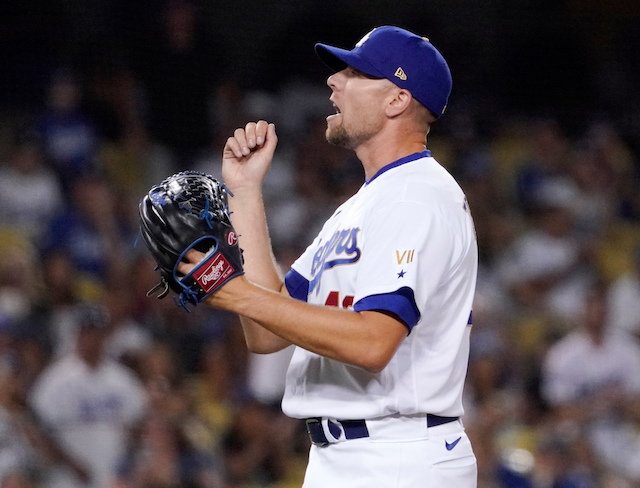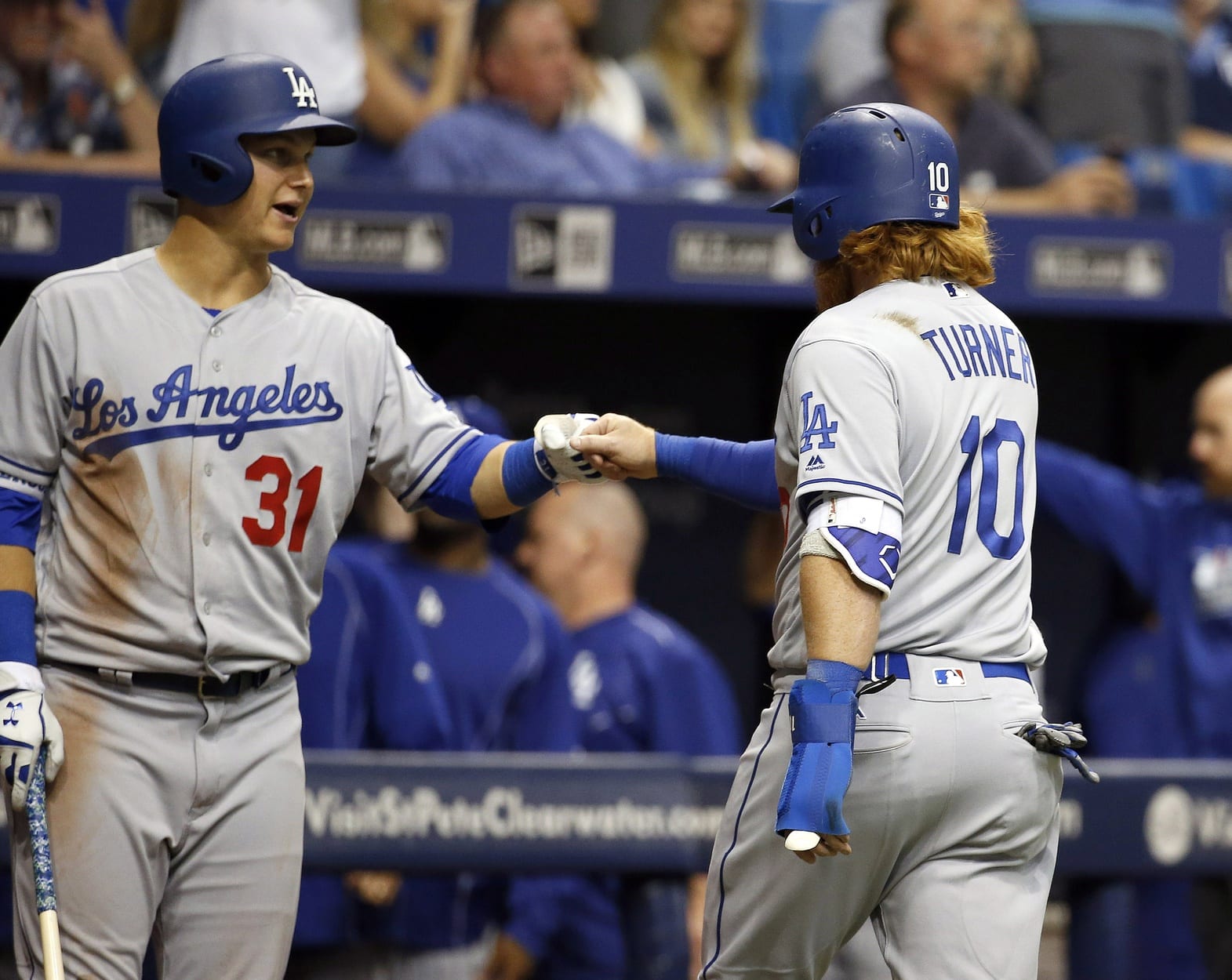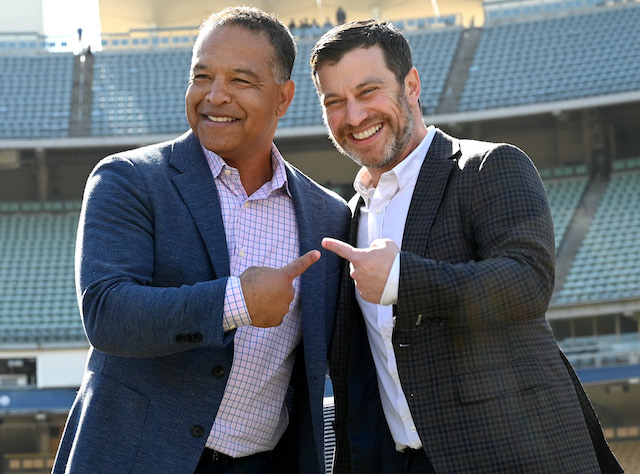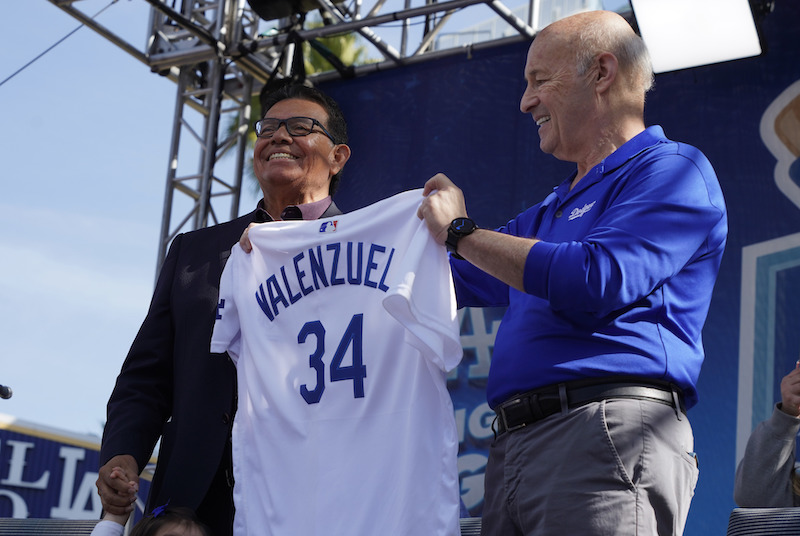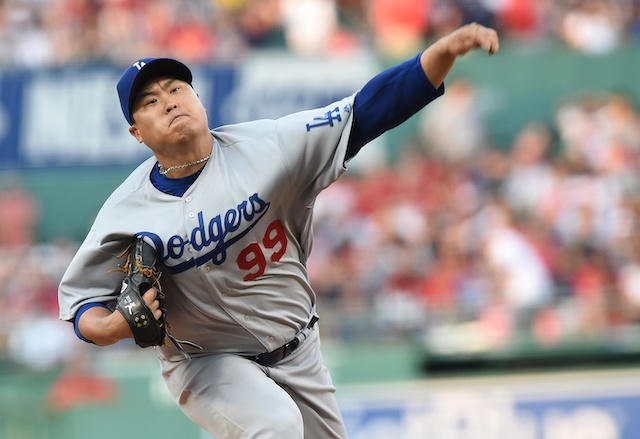While the focal point of collective bargaining agreement (CBA) negotiations between MLB and the Players Association (MLBPA) were economic matters, the league additionally began to seek more control over potential rule changes.
Among those approved with a new CBA included the implementation of a pitch clock, restricting the shift and increasing the base size. The aforementioned changes are with an eye on improving the pace of play, which has long been a focus of MLB commissioner Rob Manfred.
Manfred believes speeding up the games will increase viewership and create a more exciting environment for young fans.
However, Los Angeles Dodgers relief pitcher Blake Treinen urged the league to be mindful with potential rule changes to avoid upsetting the traditional fans, via ESPN’s Alden González:
“We have to be careful with the type of rules that we change in this game because there’s a lot of purists that are starting to find their way out of baseball. And when you don’t have a passionate fanbase from the purists, who are the most passionate, and you try to appeal to people who aren’t necessarily baseball fans but you’re trying to get more eyes on the game, you don’t really have a strong fanbase.”
As Treinen noted, many longtime fans will likely be against MLB’s forthcoming rule changes. On the flip side, younger fans might be more intrigued if game times are shortened and offensive output increases.
While the union gave approval for three new rules beginning with the 2023 season, one potential change they rejected is a robotic strike zone.
The league has been testing the Automated Ball and Strike system (ABS) since a 2019 agreement with the Atlantic League, and also carried out experimenting with it in the Arizona Fall League and lower levels of Minor League Baseball.
Treinen against MLB pitch time
Although the MLBPA agreed to the implementation of a pitch clock in CBA negotiations, not every player is on board. Treinen is opposed to one, presumably because it could throw him off his routine.
MLB has already experimented with 15-second pitch timers in the Minor Leagues and Arizona Fall League, and Manfred recently said he was encouraged by the results.
The pitch clock was exclusive to Low-A West games this past season and in 316 nine-inning games with a pitch timer, the average time of each game was two hours and 41 minutes.
By comparison, in the 91 games played without a pitch clock, the average time of each game was three hours and two minutes.
Have you subscribed to the Dodger Blue YouTube channel? Be sure to ring the notification bell to watch player interviews, participate in shows and giveaways, and stay up to date on all Dodgers news and rumors!



